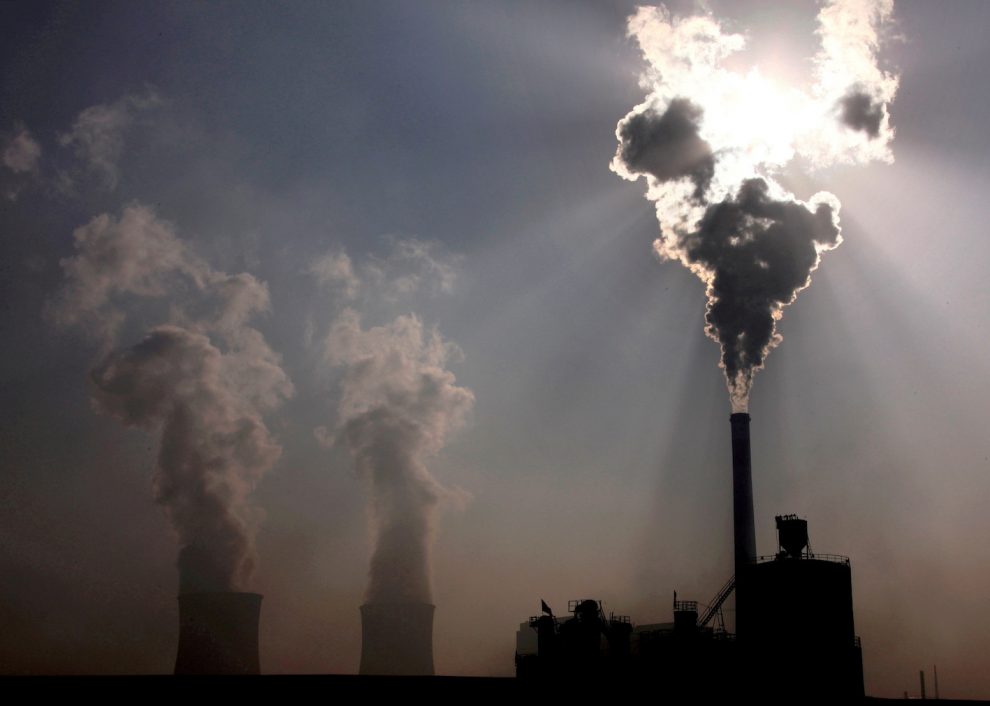China will make full use of coal as a vital part of its energy strategy, leaders and officials said during the nation’s annual gathering of its rubber-stamp parliament this week, as it bids to balance economic stability with its longer-term climate goals.
Following a speech by Chinese leader Xi Jinping reiterating the importance of coal, delegates from across the country called for more investment in coal technology and new policies to shore up profits for coal enterprises.
Xi told a National People’s Congress delegation from the top coal-producing region of Inner Mongolia that China, the world’s biggest greenhouse gas emitter, was “rich in coal, poor in oil and short of gas” and “could not part from reality”.
He said green transition was a process, and China could not simply “slam the brakes” on coal.
Xi pledged last year to “control” coal use over the 2021-2025 period and start cutting consumption in 2026 as part of China’s contribution to the fight against global warming.
On February 28, China’s National Energy Administration (NEA) suggested it would “in principle not [permit] the construction of any new coal power plants designed exclusively for electricity generation”.
But growing energy security worries have already driven mining output to record highs and seen new coal-fired power plants go into construction.
The NEA response leaves space for new co-generation coal-powered facilities, such as plants that generate both power and heat, which are commonly used in energy-intensive industrial processes.
“Weaning the globe of coal will take time,” Ben Stansfield, environmental law specialist at the law firm, Gowling WLG, said.
China has tried to bridge the gap between developing coal and curbing emissions by calling for more investment in clean and “smart” coal technologies, including carbon capture and storage.
Coal Chemical Development
According to published minutes of closed-door meetings, they also called for measures to release more supply onto the market and further develop the coal chemical industry.
“Coal provides valuable export income to many developing countries, who will argue that it’s not the production or export that causes environmental harm, but the burning of coal,” Stansfield said.
“If carbon capture technologies can be developed, there is no reason to stop coal production. You can make environmental arguments against that position, but you can’t easily replace the income.”
Support was also needed to encourage innovations that could transform coal power into a low-carbon energy source, said Shu Yinbiao, a Chinese People’s Political Consultative Conference (CPPCC) delegate and chairman of state utility Huaneng.
China needed to establish a long-term mechanism to ensure coal and power companies could remain profitable and guarantee supplies, the official People’s Daily newspaper quoted Shu as saying.
Jin Penghui, another CPPCC delegate and head of the Shanghai branch of the central bank, called for public funds to be made available to boost efficiency and reduce emissions from coal.
The threat of energy shortages has continued to preoccupy policymakers after a wave of punishing power outages swept through some of the country’s industrial heartlands last year.
Beijing also gains revenue from constructing coal-fired power plants in other countries.
The world’s top financier for the construction of international coal-fired power projects, China still has more than 1.7 gigawatts of planned coal-fired power plants under construction in Europe alone.
- Reuters, with additional editing by George Russell
























